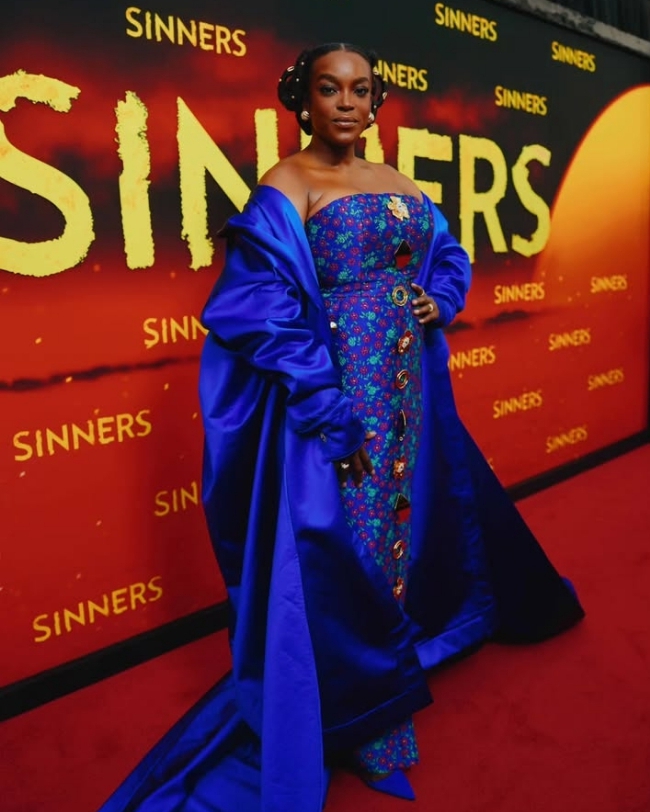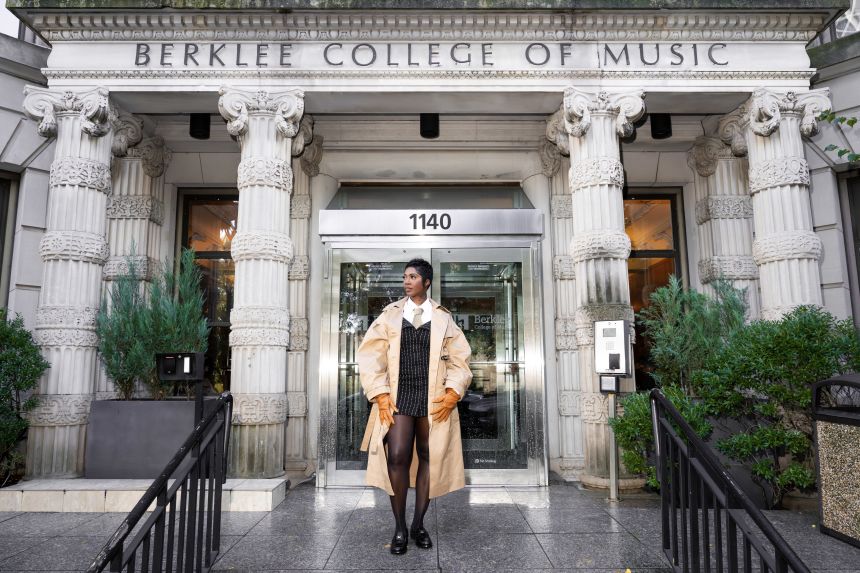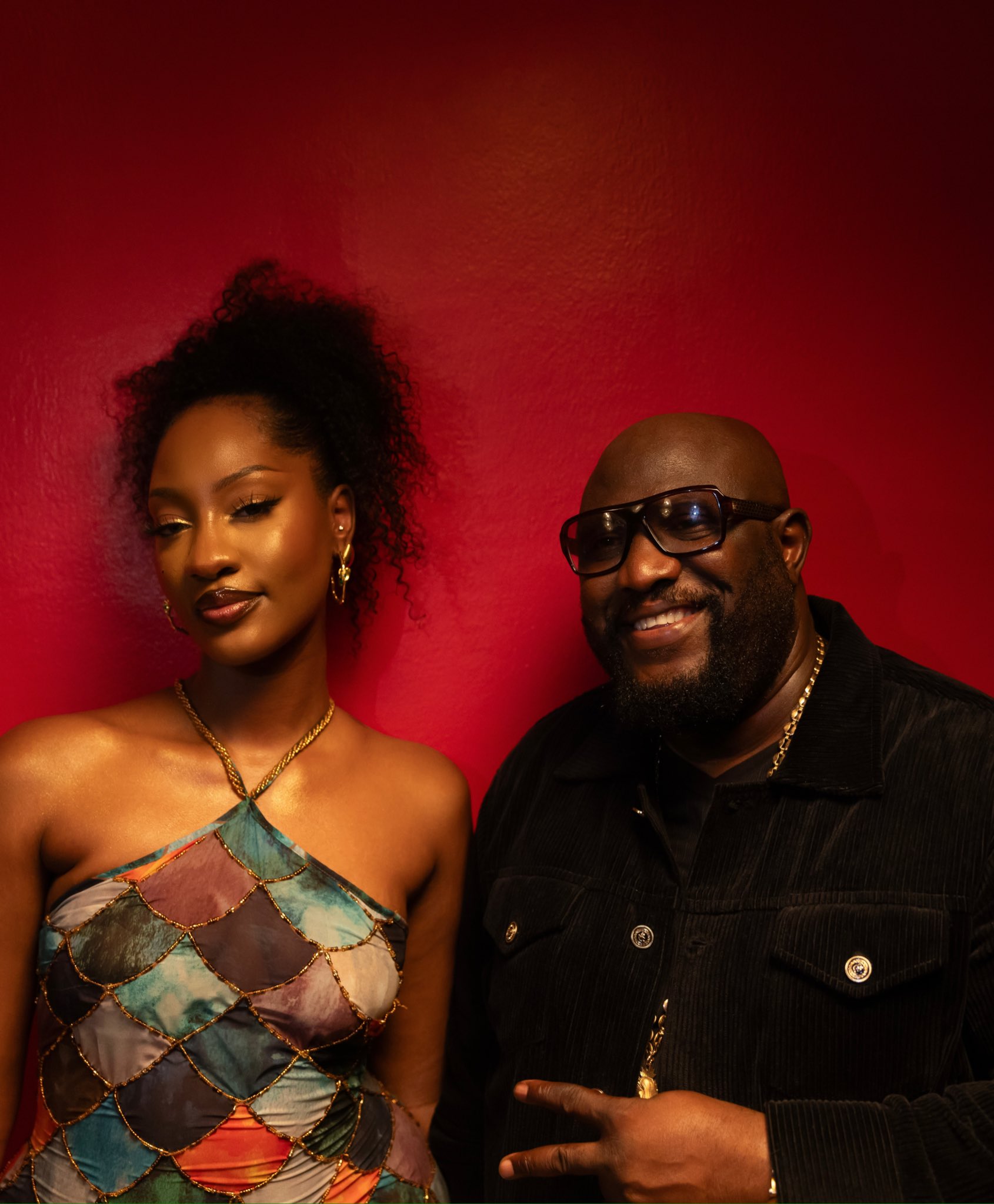
It’s one thing to act. It’s another to haunt screens long after the credits roll. Wunmi Mosaku, the Nigerian-born British actress with a BAFTA on her mantle and a Marvel badge stitched to her lapel, does the latter and she does it with a deliberate, almost defiant grace.
In Lovecraft Country, she was Ruby Baptiste: bruised, bold, and becoming. In His House, she turned trauma into tension so thick it hung in the room like incense. And now, in Ryan Coogler’s Sinners, she threads ancestral magic and modern anguish into Annie, a Hoodoo priestess whose eyes seem to speak in tongues. Mosaku is no stranger to roles that rattle the bones of the past.
Born in Zaria, Nigeria, and raised in Manchester, England, Mosaku embodies the duality many first-gen kids know too well: one foot in tradition, one in reinvention. She graduated from RADA, but the roles that defined her came not from posh scripts, but from uncomfortable truths. Her performance in Damilola, Our Loved Boy—a piercing portrayal of grief and justice earned her the BAFTA for Best Supporting Actress in 2017. That wasn’t just a win. It was a statement.
Wunmi Mosaku doesn’t play characters. She becomes context. Her career choices are less about stardom and more about purpose. Whether she’s a time-traveling TVA officer in Loki or a former detective unravelling strange crimes in Passenger, she is always the eye of the storm controlled chaos wrapped in calm conviction.
And yet, for all her gravitas, Mosaku remains a deeply rooted artist. A trip to Ghana with ActionAid reconnected her to a continent she never left spiritually. Her Yoruba name, Wunmi, meaning “gift,” has never felt more prophetic.
In an industry still crawling toward inclusion, Mosaku isn’t asking for space, she’s claiming it, draped in velvet, lined in steel. Her artistry is neither loud nor timid; it’s precise. The kind that doesn’t knock on doors but chisels new ones into the frame.
As Afrobeats redefines global soundscapes and Nollywood edges closer to global mainstream, Mosaku is proof that the new African wave isn’t just music or memes—it’s movement. Her voice, steady and spellbinding, is one of its most compelling instruments.
Wunmi Mosaku is not just in the room. She is the room. And if you haven’t been paying attention, now’s the time to look closer.




